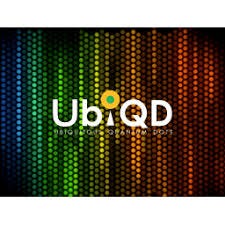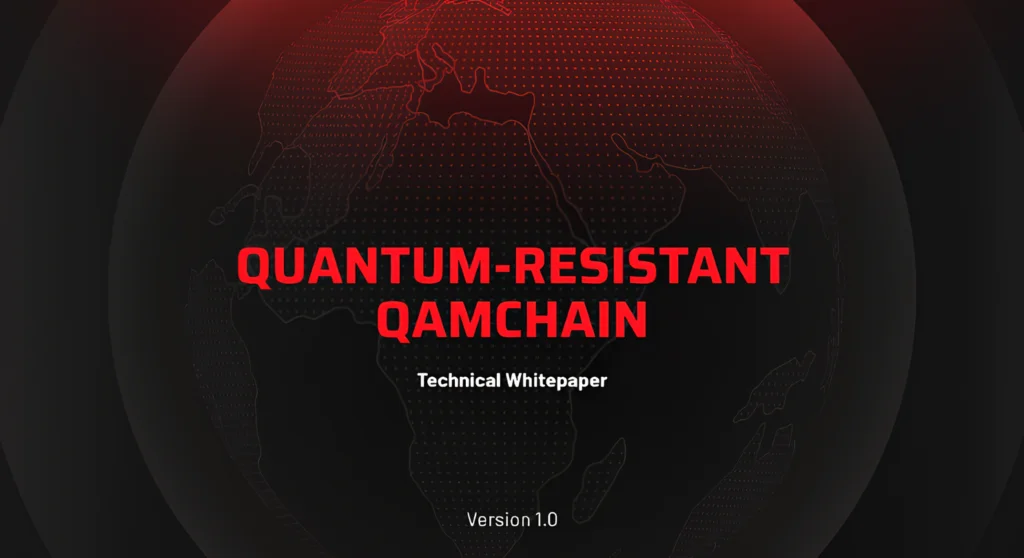Like other areas of the quantum computing industry, quantum-dot technology has the potential to improve our lives

R&D
Of all the quantum technologies that have the potential to break new ground in computer science and quantum information science in constructing a scalable, cost-effective and fault-tolerant working machine, quantum-dot technology holds some promise.
These important little beasts, which are in essence semiconductor nano-particles, can transform electrical energy into light energy and vice-versa. As of yet, though, the technology is still developing towards its true potential. More R&D research is needed, which costs money.
But there might be good news on the horizon:
According to a Europe Industry Report from April 14th of this year, the quantum-dot market is to climb exponentially from this year to 2025.

The report — like all forecasts — is speculative in nature, but proves the quantum-dot approach is on the QC radar as a disruptive technology worth considering.
As of the first quarter of 2020, there are several tech startups whose business models are centred on quantum-dot technology as the cornerstone of their operations.
QDSolar, a Canadian startup, uses the magic of quantum dots to produce more cost-effective solar panels.
Nanoxo, from Poland, offers ‘zinc oxide quantum dots of unprecedented quality.’
Quantum Solutions, a Saudi Arabian nanotech company, ‘develops and manufactures quantum dots (QDs) for optoelectronic applications: PbS QDs and Perovskite QDs for photodetectors, LCD displays, light-emitting diodes, and solar cells.’ is also busy.
Fancy ‘boosting yields by optimizing sunlight’? So do I. UbiGro, an American startup, has made innovations in outdoor farming techniques using quantum dots.
That’s the thing, you see. With so many startups stacked high with scientific talent, it’s a fight to the top. VC greenbacks, government grants and a healthy dose of lady luck will separate the wheat from the chaff.
Nevertheless, within the ecosystem where quantum dots plays are crucial role, there are some serious players.
Take UbiQD.
Ubiquitous Quantum Dots
The startup, with headquarters in Los Alamos at the New Mexico Consortium (NMC) Laboratory — the cathedral of quantum research in the United States — is as good a first base to start an entrepreneurial journey as any other.
Ubiquitous Quantum Dots
— UbiQD
Founded in 2014 by CEO Hunter McDaniel, who gained his Ph.D. in materials science and engineering from the University of Illinois at Urbana-Champaign in 2011, the entrepreneur/scientist ‘is passionate about solving global energy and agriculture problems with nanomaterials.’

UbiQD’s vision, then, is to
become the leader in large-area markets for quantum dots (QDs), and in doing so become the largest worldwide QD supplier/manufacturer. We have identified large-area applications in solar and agriculture as the best and largest area opportunities. Our agriculture products optimize sunlight for improved crop growth, and our window tints will power the smart cities of the future.
The startup’s main areas of focus are:
— Agriculture
— Solar Windows
— Security Inks
— Light Sources
To date, UbiQD has received $2.2M in funding over five rounds, in a mixture of grants, Angel and Seed rounds. The startup’s last cash injection, in 2018, was a $750K grant from the National Science Foundation.
‘In the past quantum dots had been limited by their high cost, toxicity and sometimes porcability. We’ve sold those problems with a new composition of matter that’s enabling new products.’
— UbiQD CEO Hunter McDaniel, Wells Fargo Innovation Incubator interview 2019
This is all very exciting, but what does this hold for quantum information systems and QC in general?
Well, experts in the field at the National Institute of Standards and Technology (NIST) wrote in a paper from January of this year entitled What a pair! Coupled quantum dots may offer a new way to store quantum information:
Researchers have for the first time created and imaged a novel pair of quantum dots — tiny islands of confined electric charge that act like interacting artificial atoms. Such ‘coupled’ quantum dots could serve as a robust quantum bit, or qubit, the fundamental unit of information for a quantum computer.
Whether UbiQD and the rest of the startups whose business model is built on the magic of quantum dots can achieve sustainable business growth and great ROI is an open book.















